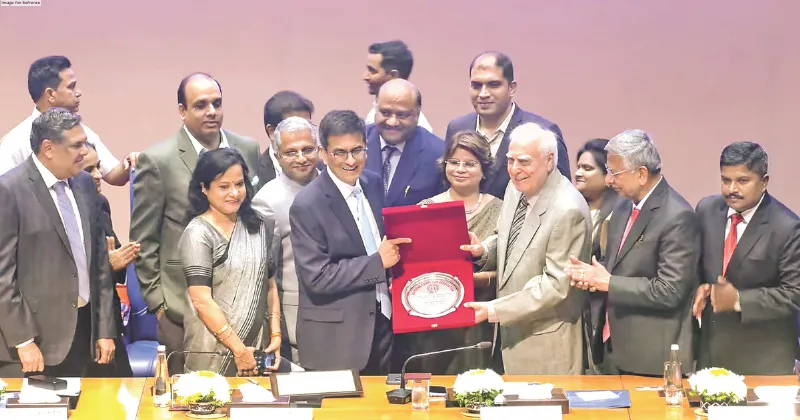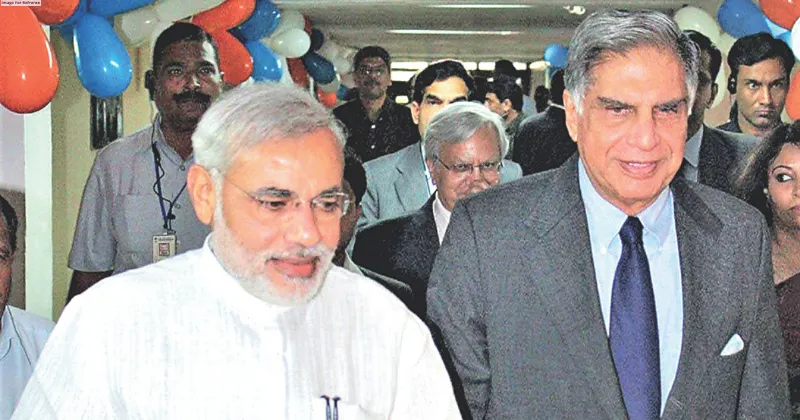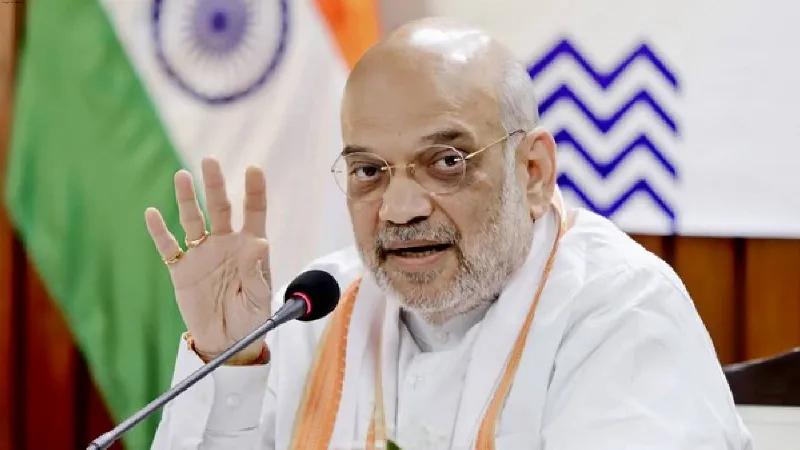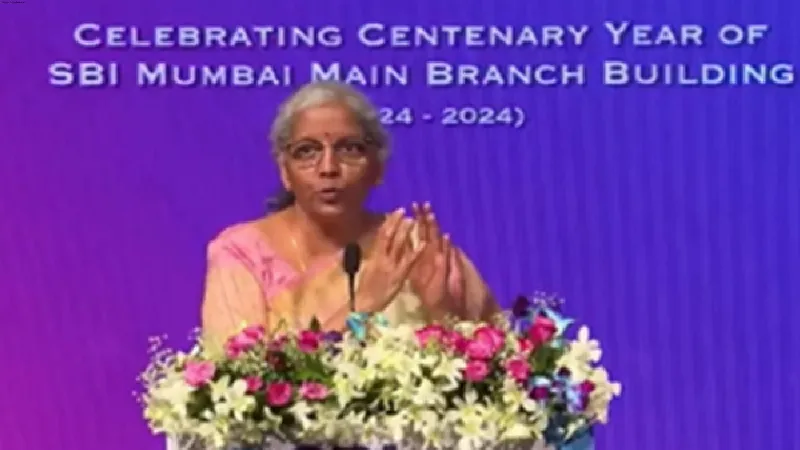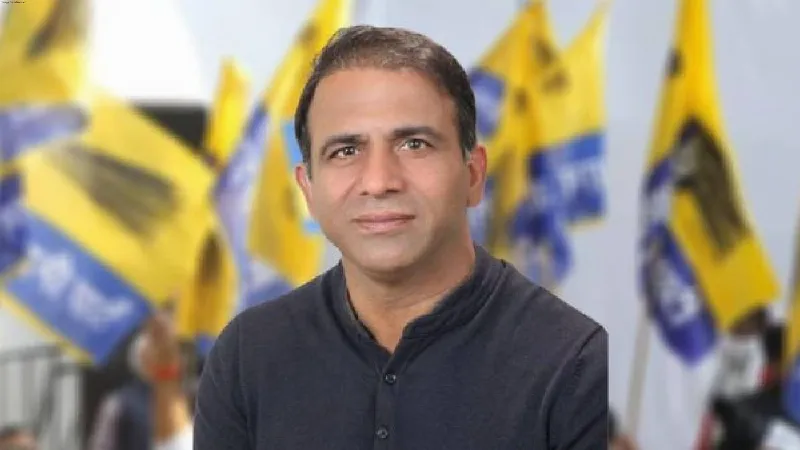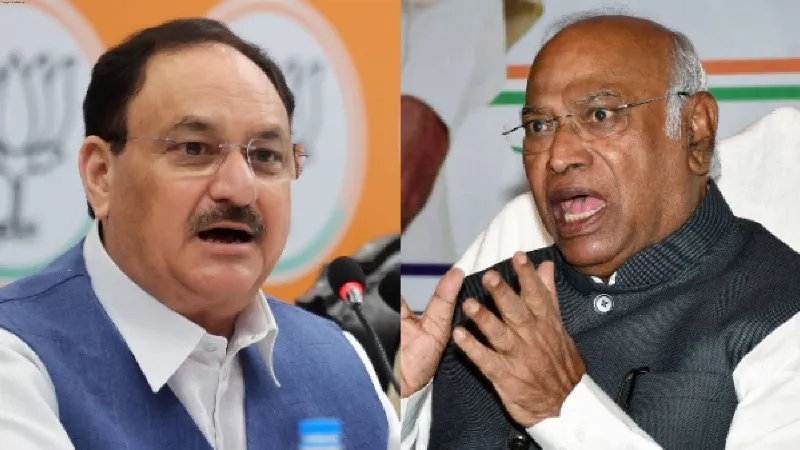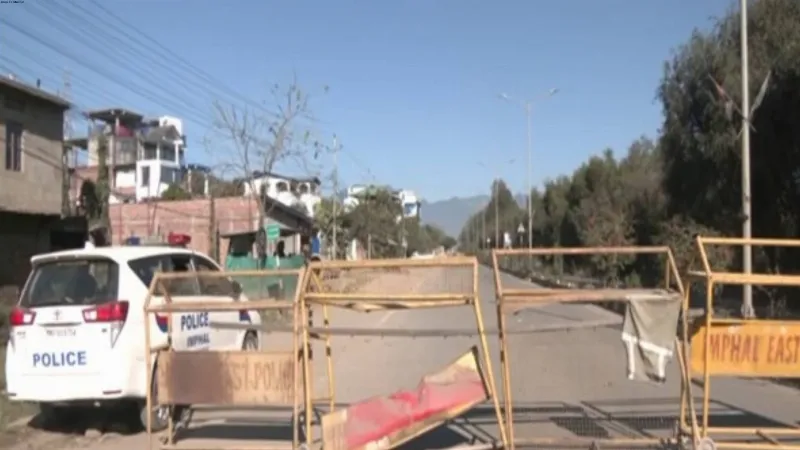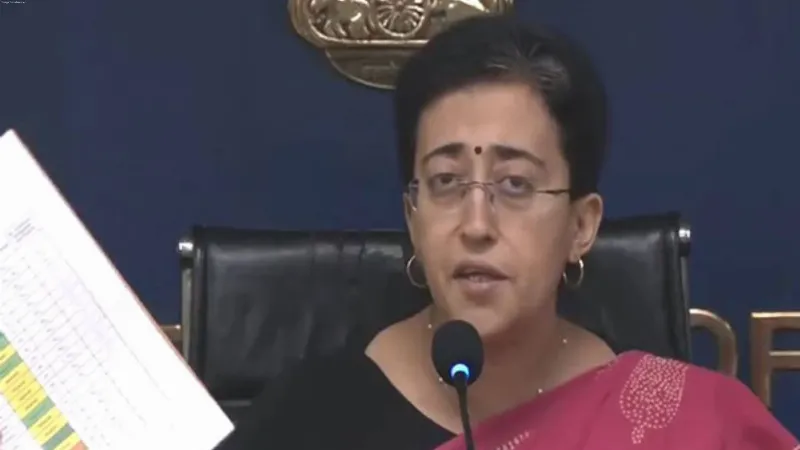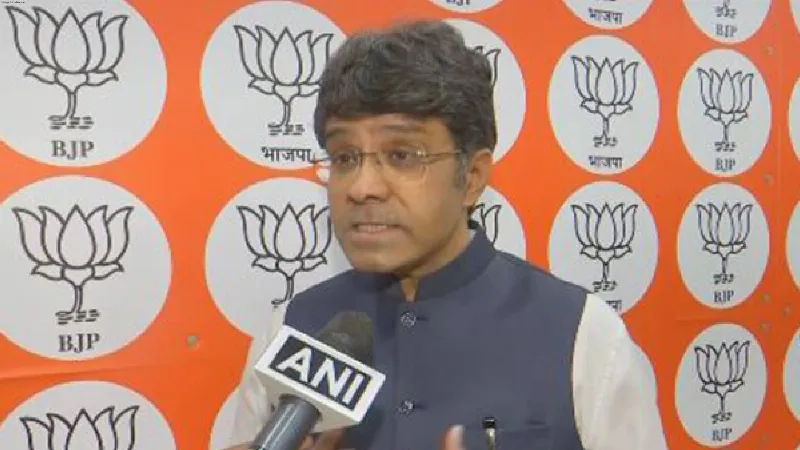Latest News
COP 29: SUSTAINABILITY IN FOCUS, NOT JUST FOSSIL FUEL
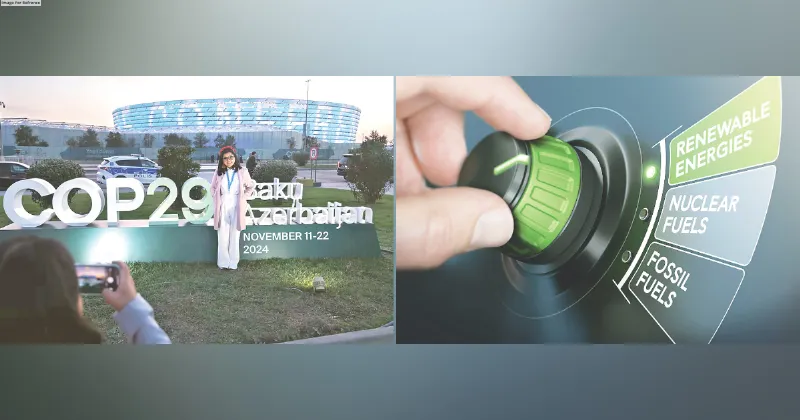
Conference of the Parties (COP) an organisation of the United Nations, comprising the 200 countries that signed the United Nations Framework Convention on Climate Change (UNFCCC) in 1992 is holding annual meetings as COP 29 in Baku of Azerbaijan, to reach at a definitive action towards better climate.It has travelled its halfway with a lot of deliberations on How and What to do? Though finance is still a major issue particularly for underdeveloped countries and small island nations, to achieve targets globally. Countries are submitting their revised Nationally Determined Commitments towards accelerated action. It reflects concern and commitment but those are mostly targeted around reduction in fossil fuel. Good aspect of discussions underway has been to look into various other factors having major impact on climate like Waste, Fashion, Air, Conflict etc. It is not just the fossil fuel responsible to worsening global warming, there are many more factors such as food waste, municipal waste, fast fashion, polluted air contribute heavily to increased temperature. It is a crisis which needs to be dealt holistically. Climate impacts sustainability in entirety, means all three pillars viz. Economy, Ecology and Equity or in other words Conservation, Community and Circular Economy.
Earlier COPs had focus mainly to reduce consumption of fossil fuels with alternative energy, but this time, discussion are also held over impact on Economy and Equity as well. It may be due to host Azerbaijan being an economy largely dependent on fossil fuel complimented with election of Donald Trump as incumbent President of US, who had expressed his strong reservation on approach towards climate change.
Shift in focus can be ascertained with opening address at COP29, by UN Climate Change Executive Secretary Simon Stiell, saying the climate crisis is fast becoming an economy-killer.
“Worsening climate impacts will put inflation on steroids unless every country can take bolder climate action,” said Stiell. “Let’s learn the lessons from the pandemic – when billions suffered because we didn’t take collective action fast enough. When supply chains were smashed. Let’s not make that mistake again. Climate finance is global inflation insurance. Rampant climate costs should be public enemy number one.” It clearly indicates focus on Collective action to fight with climate change as a major killer of economy.
Proposed action will start with the USD 2 trillion committed to put in place clean energy and infrastructure this year alone. Double what’s gone to fossil fuels. Endorsed by 50 global business leaders and a network of more than 700 financial institutions. The Industrial Transition Accelerator (ITA) has issued an open letter urging governments to use proven policy measures to stimulate demand for green products and better seize the potential of industrial decarbonisation. Doing so could unlock up to $1 trillion of investment and bring more than 500 green industrial plants awaiting finance to construction by 2030. This would enable the emissions reduction needed from six of the highest emitting industries - aluminium, cement, chemicals, steel, aviation and shipping - to align with a 1.5°C pathway in the next decade, while creating sustainable growth. COP 29 will be remembered for its significant and breakthrough achievements to finance and invest in sector of climate change:
- Leaders from business, finance and philanthropic communities—including investors worth a collective $10 trillion in assets—announced at the COP29 Business, Investment, and Philanthropy Climate Platform (BIPCP) that they will unite for the first time to accelerate the deployment of private capital into climate markets
- Asian Development Bank announces $3.5billion of funding for new programme to help counter the impact of melting glaciers
- Azerbaijani banking sector to allocate $1.2billion to green projects through to 2030
- Sweden announces contribution of $730 million to the UN Green Climate Fund
- COP29 Presidency brings together UNCTAD, UNDP, the WTO, International Trade Center (ITC), previous and future COP Presidencies, multilateral development banks and multilateral climate funds to create the Baku Initiative for Climate Finance, Investment, and Trade (BICFIT) Dialogue
It sounds great for the future of climate action but considering historical background and gap between declarations and delivery at ground, concerned stakeholders have expressed their scepticism. It is believed that even if 50% of announcements get implemented, positive wave towards control of temperature at 1.5 degree Celsius will begun.
Need of stronger and clear policy statements from governments to further drive green demand at scale and unlock capital flow to technologies that can accelerate decarbonisation has been emphasised during deliberations. The next round of national climate plans needs to cover all sectors of economies, and hence countries need to set more ambitious industrial targets in these revised NDCs next year. Brazil is out in front on delivering climate action, as the country prepares to host COP30 next year,” said Stiell. In this regard, Brazil’s plan covers all sectors of the economy and all greenhouse gases, has real reduction targets, and embeds what was agreed last year at COP28. It also sends a strong signal to all nations here at COP29, UK has also announced a new target of cutting emissions 81% by 2035, for its new NDC. India has already attained two of NDC targets before set timeline and have revised it with more ambitious targets.
Dialogues are going around making heavy industries green a reality. Countries along with industries, academia and other stakeholders are exploring possibilities to work in direction of developing technologies to manufacture Green Steel, Green Cement, Green Power etc besides having transformation to Green Transport. Industry’s climate impact extends across every stage of the value chain – from raw material extraction and production to manufacturing and transportation – necessitating coordinated and systematic efforts to drive meaningful change.
New national climate action plans (NDCs) next year provide an opportunity to translate climate goals into practical policy frameworks that support sustainable practices. Clear policies can enable companies to innovate and adopt sustainable models faster, bridging the gap between high-level goals and on-the-ground action.
During COP 29, United Nations Secretary-General António Guterres urged delegates to move from voluntary pledges to mandatory rules.
“The future of humanity is at stake. Action cannot be optional,” he said. “Disclosing credible transition plans, that align with 1.5 degrees must be mandatory for corporates and financial institutions.”
Voluntary and environment action groups attending Baku conference have raised voice on human centric approach to mitigate adverse impacts of global warming.
Hope this COP will not end up as just another ritual to express concern and talk loud instead of a commitment to act.
THE VIEWS EXPRESSED BY THE AUTHOR ARE PERSONAL
Dr Vivek S Agarwal The writer is specialist on Urban Health and Environment







